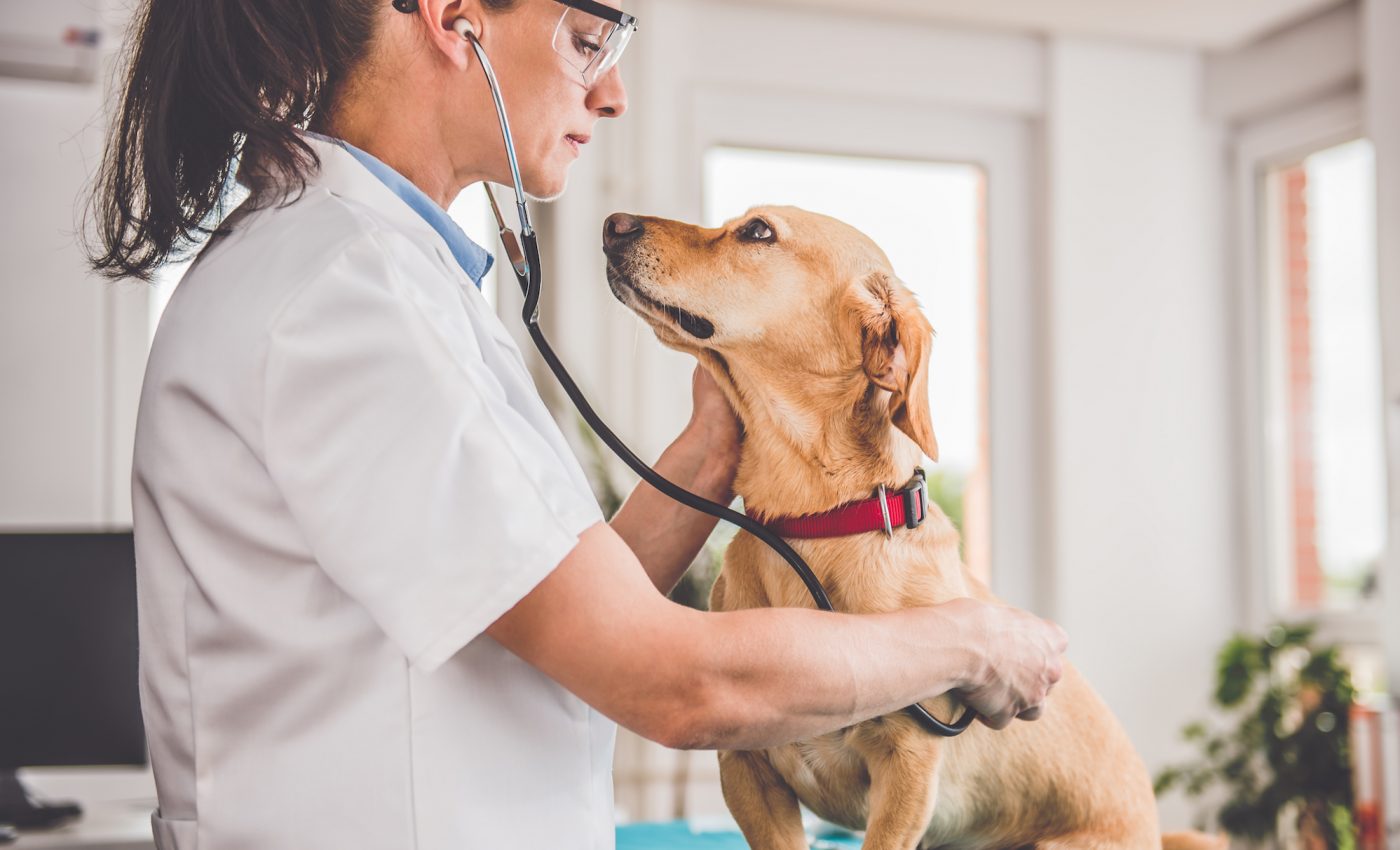
Working with animals may not always be beneficial to mental health
A new study from the American Psychological Association has revealed that working with animals on a regular basis can take a toll on your mental health. The researchers found that veterinarians and animal shelter employees are at an elevated risk for depression, anxiety, and even suicide.
“People who work or volunteer with animals are often drawn to it because they see it as a personal calling,” said Dr. Angela K. Fournier. “However, they are faced with animal suffering and death on a routine basis, which can lead to burnout, compassion fatigue and mental health issues.”
According to a study published in the Journal of the American Veterinary Medical Association, veterinarians are at a particularly high risk for death by suicide. From 1979 to 2015, the rate of suicide among veterinarians was two to 3.5 times higher than the general population in the United States.
“Talking about veterinarian suicide certainly gets people to pay attention, but it does not tell the whole, nuanced story about what may be contributing to poor well-being in this population,” said Dr. Katherine Goldberg. “More research is underway to help better understand why veterinarians might be at an increased risk, but a combination of personality traits, professional demands and the veterinary learning environment all likely contribute.”
Dr. Goldberg, who has dedicated her professional career to human-animal relationships in veterinary environments, noted that vets also face economic challenges. The average veterinary school graduate has accumulated more than $143,000 in debt, yet only earns an average of $73,000 starting out.
“Personal finance concerns are stressful for many veterinarians, especially recent graduates, and at the same time, many clients regularly question the cost of care for their animals and may be suspicious that their vet is trying to ‘push’ services that their pet doesn’t need,” said Dr. Goldberg.
To investigate what may be causing poor mental health among veterinarians, Dr. Goldberg examined rates of adverse childhood experiences such as abuse and neglect among students in vet school. She found that rising veterinarians had not generally experienced more childhood trauma.
“This indicates that something is happening over the course of veterinary student training or once veterinarians are working to cause poor well-being outcomes,” said Dr. Goldberg. “Well-being education should be integrated into the veterinary curriculum, emphasizing resiliency behaviors and cultivating professional partnerships between veterinary medicine and mental health care.”
Dr. Fournier described research that was focused on employees and volunteers in animal shelters, who are at risk for compassion fatigue and psychological distress.
“Animal welfare agents, as these people are often called, are exposed to animal abuse, neglect and oppression on a regular basis, as well as routine euthanasia that is common in these settings,” said Dr. Fournier.
Each year, more than 2.4 million healthy cats and dogs are euthanized in the United States, primarily in homeless shelters.
“Shelter workers are then caught in a dilemma because they are charged with caring for an animal and they may ultimately end that animal’s life,” said Dr. Fournier. “Research suggests that this causes significant guilt, which can lead to depression, anxiety and insomnia, as well as greater family-work conflict and low job satisfaction.”
“Experts suggest that animal welfare agents carry an even heavier burden than those in other helping professions who are susceptible to compassion fatigue because of the issues unique to working with animals, such as euthanasia and caring for living beings who have experienced pain and suffering but cannot articulate their needs and experiences.”
Dr. Goldberg and Dr. Fournier presented their research at the 2019 American Psychological Association Convention.
—
By Chrissy Sexton, Earth.com Staff Writer
Image Credit: Shutterstock/Zivica Kerkez













